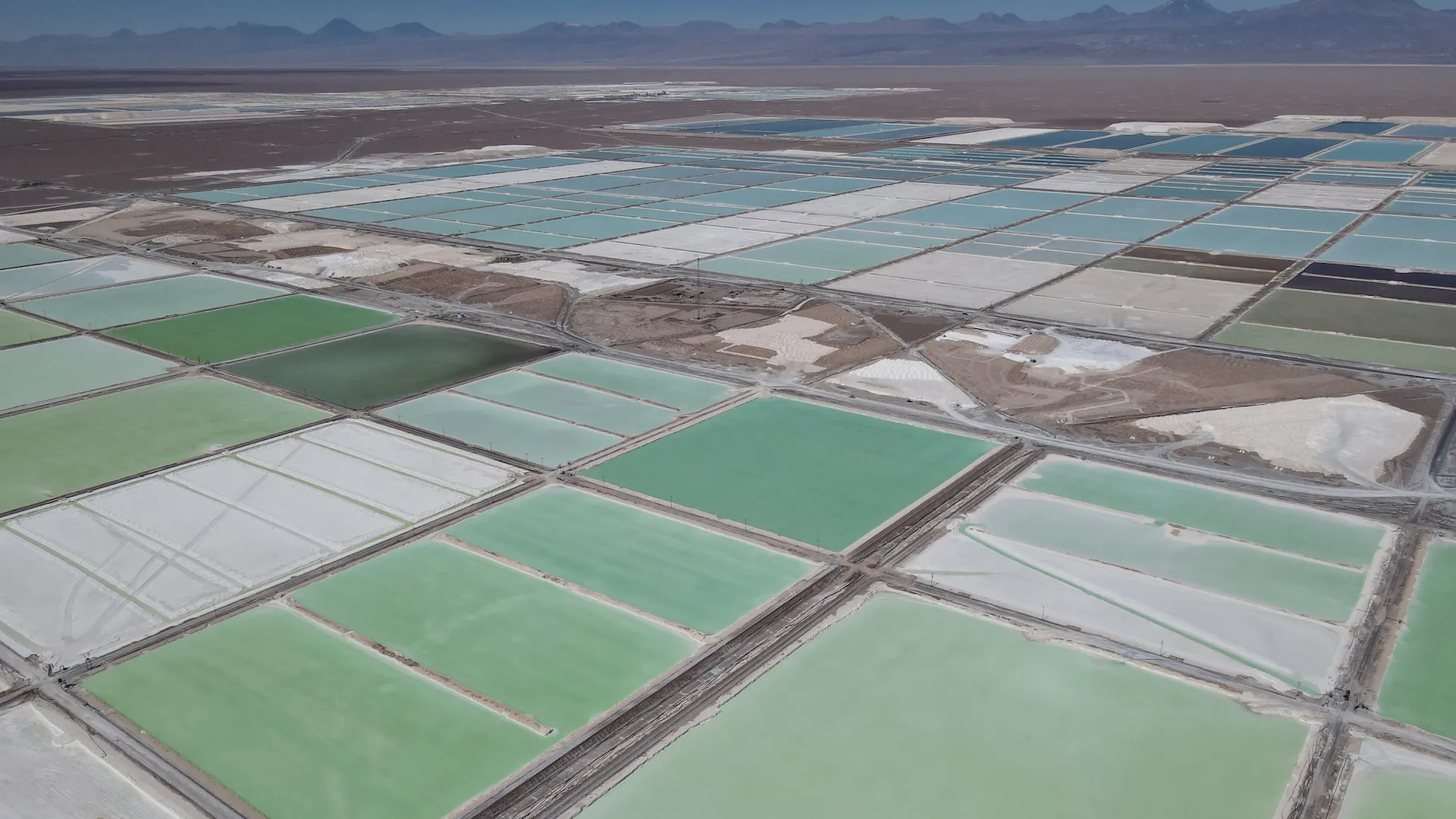At the end of April 2023, Chilean President Gabriel Boric announced the nationalization of the country’s lithium deposits.
In his speech justifying his actions, Boric highlighted the economic and social reasons that often lay behind nationalization and made a significant appeal to environmental awareness.
Chile’s nationalization of lithium is a harbinger of a coming international wave of protectionist measures centered around rare earth elements.

Chile is one side of the “lithium triangle,” the other two being neighboring Argentina and Bolivia, which have the most proven lithium reserves in the world.
Chile has the third largest reserves in the world behind its neighbors, but its extraction efforts have allowed it to surpass all other countries in the world.
It surpasses the second-largest lithium producer, Australia, by nearly 100% and has a wealth of expertise and equipment to sustain production.
The US imports about 91% of its lithium from the Lithium Triangle, primarily from Chile.
Chilean lithium producer Sociedad Química y Minera de Chile (SQM) is a leading supplier of lithium to the US.
Earlier this year, Tesla executives met with Chilean officials and SQM and Albemarle executives to strengthen business cooperation as the electric vehicle manufacturer plans to secure larger quantities of lithium.
As green technologies advance and proliferate, our reliance on lithium will only increase.
Smartphones, solar panels, electric vehicles, and every facet of modern life rely on lithium.
Earlier this year, scientists developed a new battery that outperforms current batteries in every way, using solid-state lithium.
With newer technologies requiring even more lithium, the US will likely have no choice but to swallow this nationalization and maintain short- to medium-term dependence on Chilean lithium while supporting the development of new sources in more economically friendly countries.
Contrary to what free market/liberal purists would like to believe, energy, in general, and lithium and other REEs, in particular, can be very political.
Coal and oil have been strategically important since the beginning of the fossil fuel era when the British Empire established coaling stations worldwide and extended its power to Iraq and Iran after WW1.
The Arab oil embargo in the 1970s somewhat diminished the dominance of energy consumers.
Still, the consequences of President Boric’s ill-considered and short-sighted nationalization plan are staggering.
Decades of data from a wide range of researchers and international organizations consistently show that the extraction of natural resources by the private sector is more economically efficient than by the state.
Chile, a member of the OECD, can tax lithium miners – just as it taxes copper miners to fill government coffers.
The advance of green energy technologies over the past decade, with electricity generation costs now cheaper than many fossil fuels, required a stable supply of raw materials, including lithium.
This same technological development caused producers to anticipate future demand, creating a virtuous cycle of low commodity costs that enabled cheap energy and technological development. Nationalization threatens this cycle.
To Boric’s credit, it is not a hasty expropriation.
Chilean nationalization provides for investor compensation and will be implemented gradually, which does not preclude future private-sector participation.
Chile also plans to use its considerable experience with the nationalized copper industry to exploit lithium profitably.
However, as more countries seek to secure their supply of critical elements, this will likely lead to economic conflict between supplying and demanding countries.
If the Chilean initiative were to grow into an “REE-OPEC,” with all that implies, the US and Europe would have to abandon their “Not In My Back Yard” (NIMBY) policies on mining.
Such exclusive economic blocs and political alliances would hinder green energy.
The US Congress should consider applying antitrust laws, including the Sherman Act, to lithium monopolists from Chile and other countries.
Worryingly, we have already seen the rise of resource nationalism in Africa and South America. Such measures would likely receive bipartisan support on Capitol Hill. And what’s good for the goose is good for the gander.
Even developed countries, which normally advocate minimal tariffs, have adopted several protectionist measures.
Lawmakers should limit restrictions or supply monopolization only to cases directly affecting US national security.
Nationalizing the industry is not the only thing Boric has promised.
Under Boric’s plan, the new state-owned company is more than just the long arm of the government, pocketing profits from a natural resource.
It relies on a new Direct Lithium Extraction Process (DLE) technology.
While DLE has performed well in controlled environments, it is still unclear whether commercial exploitation will be successful.
Chilean lithium extraction companies use evaporation ponds separating the metal from the salt solution.
This is a widely criticized method of extracting lithium that consumes enormous amounts of water and electricity, with devastating consequences for the environment.
Government regulation is needed to address this environmental threat, but relying on a barely tested new technology is risky and foolish.
President Boric’s plan points to something much more ominous than the transformation of the global lithium industry.
A similar pattern of resource nationalism is likely to occur with other elements.
The repeated failures of previous administrations, both Republican and Democratic, have left the US almost entirely dependent on other countries for REEs.
Whether lithium in Chile or cobalt in China, the US needs a more assertive foreign policy and strategy.
The lack of domestic REE production and refining in the US and the supply of many vital elements by friendly countries will jeopardize the position of US companies in the energy, electronics, and EV markets.
Moreover, this poses a real and present danger to national security. The time to act is now.
News Chile, English news Chile, Chilean lithium

